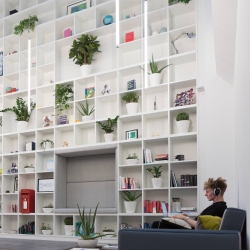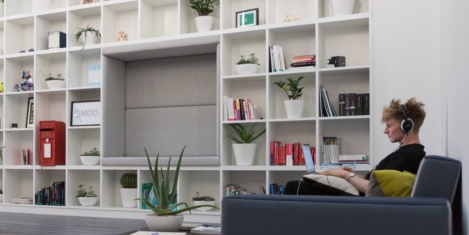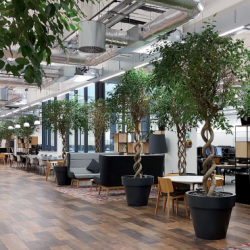March 6, 2023
Less than a third of businesses know how energy efficient their office is
 A surprisingly high proportion of UK businesses are unaware of new environmental legislation concerning the energy efficiency of their buildings, or even how energy efficient they are in the first place, according to a new survey commissioned by Irwin Mitchell: Redefining the Office – A report on office occupier trends in 2023. The new Minimum Energy Efficiency Standards (MEES) legislation means that from 1st April 2023, property owners must not continue to let properties that have an EPC rating of F or G (unless they have an exemption) and all let properties will need to have a minimum EPC rating of E. More →
A surprisingly high proportion of UK businesses are unaware of new environmental legislation concerning the energy efficiency of their buildings, or even how energy efficient they are in the first place, according to a new survey commissioned by Irwin Mitchell: Redefining the Office – A report on office occupier trends in 2023. The new Minimum Energy Efficiency Standards (MEES) legislation means that from 1st April 2023, property owners must not continue to let properties that have an EPC rating of F or G (unless they have an exemption) and all let properties will need to have a minimum EPC rating of E. More →
























 Different workplace experts are interested in different elements of workplace, so it follows that workplace change projects featuring interdisciplinary teams can yield innovative methods and diverse insights. In episode 11 of Workplace Geeks, Chris and Ian are joined by health and wellbeing expert Dr Jo Yarker, Reader in Occupational Psychology at Birkbeck, University of London, and Managing Partner of Affinity Health at Work.
Different workplace experts are interested in different elements of workplace, so it follows that workplace change projects featuring interdisciplinary teams can yield innovative methods and diverse insights. In episode 11 of Workplace Geeks, Chris and Ian are joined by health and wellbeing expert Dr Jo Yarker, Reader in Occupational Psychology at Birkbeck, University of London, and Managing Partner of Affinity Health at Work. 



















